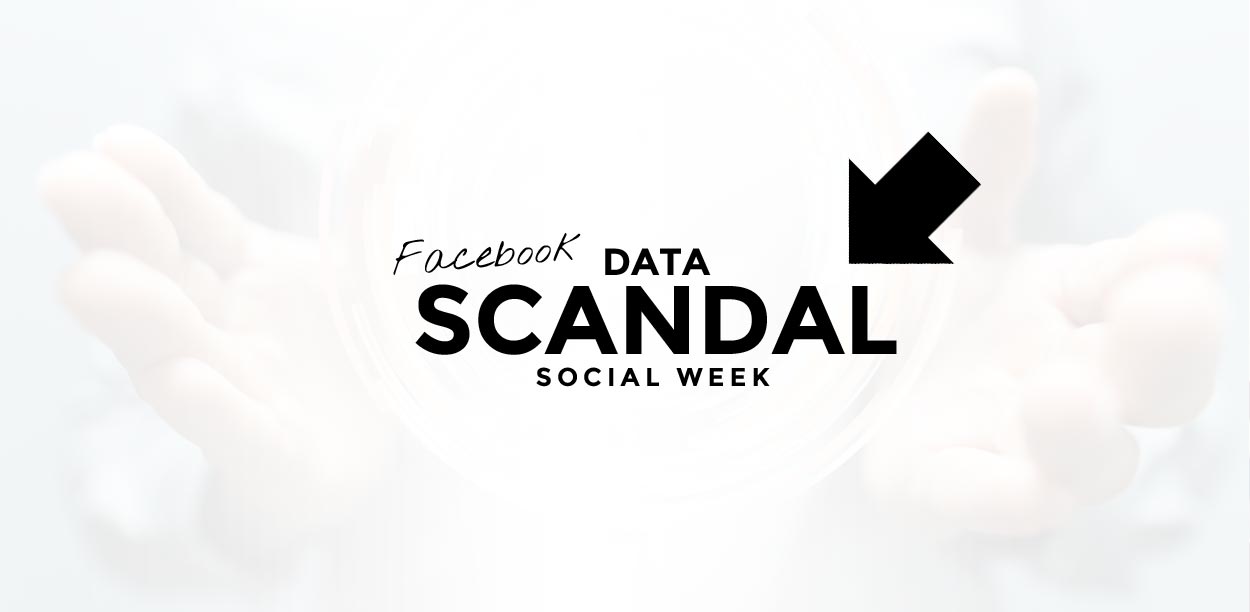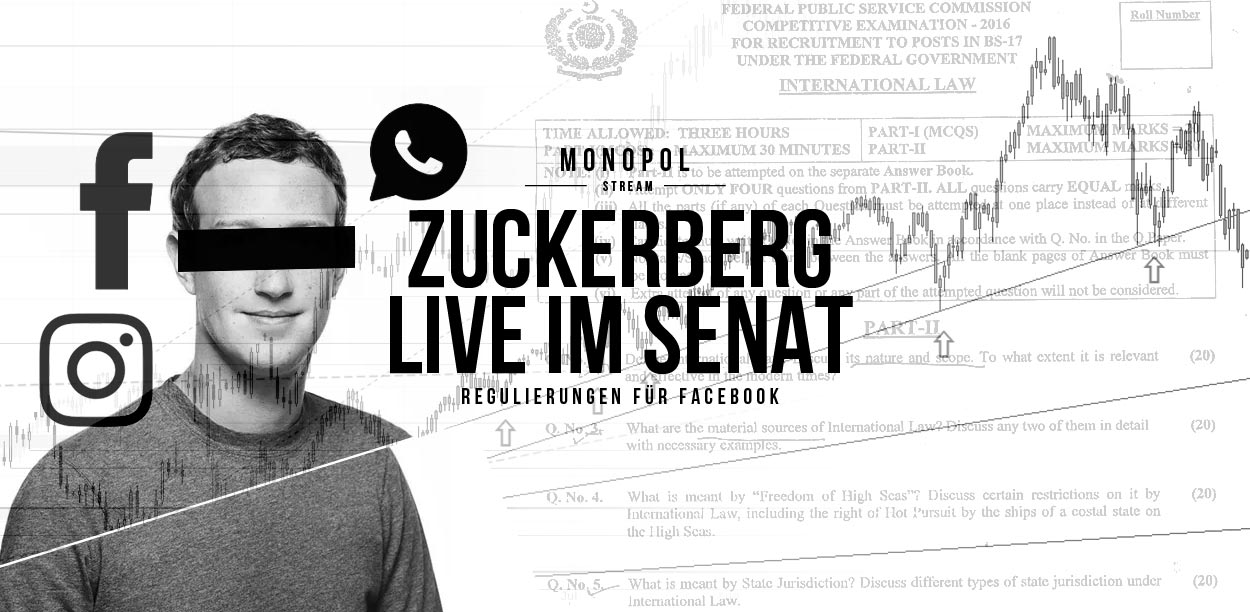Data scandal on Facebook / Cambridge Analytica and criticism of influencer marketing | Social Media Week
This week, the social media world was overshadowed by the data scandal around Facebook. The exact details are still about 300 million data packets, which were obtained by the social media analysis firm Cambridge Analytica by dubious methods. Quite simply explained:
Why is the data scandal so big?
Previously, it was always possible to retrieve information from friends friends. So if resourceful developers develop a tool that people use, they sign up for, and also authorize their personal data to be forwarded, you’ll receive large data packets (many people) – from just one person. If a Facebook user has an average of 500 friends, you can already cover 50,000 people with just 100 participants (50,000 data packets). We all know postings in our timeline titled “So you would look like an actor” or “What is your zodiac sign?” These applications are written solely to collect data, the more data you have collected, the better it is possible to evaluate user profiles and target them with advertising. As far as the current data security scandal is concerned, this is about two points:
1. Advertising can also contain political content
Advertising does not necessarily have to be run by companies, advertising can also contain messages of political opinion. So data packets can influence elections, as is currently being debated, about the US election and the decision to “Brexit”. If you want to read more about it, you will find all relevant links in the press review below!
2. Analysis of persons for loans, loans and more
Who owns names and geodata, can connect people with more information. Let’s just say – a database about credit card information and a second one with Facebook data packets. From this new conclusions can be drawn. The more data a large company collects, the more accurately it can create profiles of individuals, but also of streets or neighborhoods. In the end, for inquiries, for example, for loans for houses, resorted to many data. As a result, our “private behavior” in social networks has an influence on our “public reputation”. Once the data has been created, it can be copied many times, very simply. If a person is thinking for a company, he can become it for other companies as well (data sales).
Not only Facebook was considered critical this week, but also influencer marketing.
Criticism of Influencer Marketing: Disadvantages of Hypes – Contribution to WDR (German TV)
We met with WDR this week to look at the critical aspects of influencer marketing. The reason was the new sugar tax in the UK, it is levied on food that has a particularly high sugar content. At the same time the big soft drink manufacturers advertise with young bloggers. It creates interesting videos for young target groups that work well on YouTube. For the adolescent user it is not easy to differentiate that these videos are ads. For the user, at first, only the connection of their own favorite blogger and the soft drink brand is: positive brand image! But that the coveted fashion blogger hardly ever drinks soft drinks because he or she is actually eating healthily and paying attention to the figure, as well as doing sports, does not become clear. What stays in the head is the linkage between the brand and the blogger. What other risks are there in influencer marketing? We have taken a critical look together with the WDR.
Advertising marking in influencer marketing
How do you characterize advertising in social media networks properly? Many companies rarely know the legal aspects of their daily work with bloggers. There are general guidelines of social networks and advertising must be featured in some social networks. When working with young bloggers, you should point them to this aspect. Also, the advertising tag was one of the topics this week.











